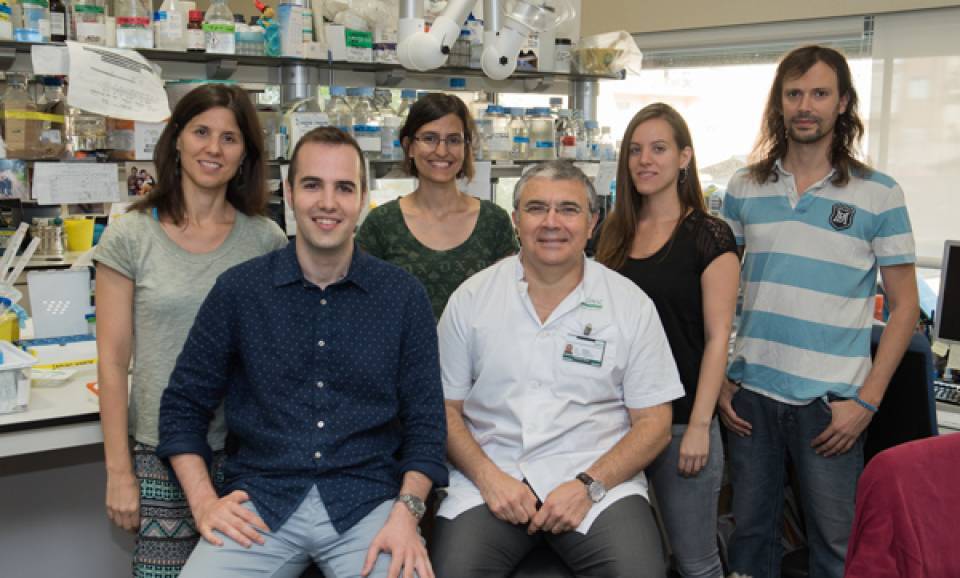CD6 was one of the first lymphocyte surface receptor to be identified and to be used as a target for selecting and/or destroy T cells. When not expressed normally, the functioning of the immune system is impaired, making us more susceptible to different diseases. Recent studies show that it is involved in the recognition of pathogens and that it can generate signals to inhibit lymphocyte activation. In recent years there has been a renewed interest in CD6 due to its role in the development and progression of certain autoimmune diseases.
To date, the only information available about this molecule came from in vitro experimental models, which can lead to erroneous interpretations of its biological function. In the study published in the JEM researchers have developed a genetically modified animal model which does not express CD6, a knock-out mouse. "This mouse model will allow, from now on, the study in vivo of CD6 function, as well as the molecular basis for its use as a potential therapeutic target for several diseases", explains Dr. Francisco Lozano.
In addition, in this article researchers confirm that mice not expressing CD6 are susceptible to induced autoimmunity. "Therefore, we are faced with a significant lymphocyte receptor with common features of the so-called" immune checkpoint" involved in the regulation of immune system responses against both endogenous (cancer) or exogenous (infection) pathogens", Dr. Lozano concludes.
Article reference:
CD6 modulates thymocyte selection and peripheral T cell homeostasis.
Orta-Mascaró M, Consuegra-Fernández M, Carreras E, Roncagalli R, Carreras-Sureda A, Alvarez P, Girard L, Simões I, Martínez-Florensa M, Aranda F, Merino R, Martínez VG, Vicente R, Merino J, Sarukhan A, Malissen M, Malissen B, Lozano F.
J Exp Med. 2016 Jul 4. pii: jem.20151785.

